Dr Phil Creighton, researcher at Teagasc Athenry, presented research favouring higher stocking rates to unlock grassland's potential.
“Our stocking rate of 14 ewes/ha came out on top in terms of profitability,” says Creighton.
However, he stressed that such a high stocking rate presents a high risk due to fluctuations in the market such as input costs and a decrease in lamb prices. He believes that though lacking in performance, compensation is received through the overall system.
There are enough charities to be giving away your money to without giving it to the factories as well
Tyrone farmer Isaac Crilly, credited his farming success to a zero silage policy. Instead, he uses soya hulls, bean meal and wheat straw. He also keeps a close eye on record-keeping and low carcase weights.
Crilly provided comic relief, commenting on carcase weights in factories: “There are enough charities to be giving away your money to without giving it to the factories as well.”
Pollution pressure in New Zealand
Speaking of New Zealand’s potential threat to Irish exports, Declan Fennell of Board Bia said: “We will never out-manoeuvre them with scale and price. But we do have a sustainable superior taste as well as a fantastic story and track record.”
Declan noted New Zealand faces pollution pressures with required water quality improvement for swimming. To do this, 65,000km of fencing is needed which would cover the distance from New Zealand to the EU three times.
Joe Ryan from Meat Industries Ireland called for improvements to the tagging system. “Electronic tagging is essential. We should be able to demand traceability like what has been done with cattle,” he said.
Dr Kevin Hanrahan from Teagasc’s agricultural economics and farm surveys department hit home when he concluded the discussion with remarks on Brexit: “With Britain leaving, there will be a big hole in budgets. Britain will unlikely support this, resulting in potential decreases of basic payments.”
Grass-based system
Later in the day the group visited John Bell and his farm in Castletown Geoghegan, Westmeath.
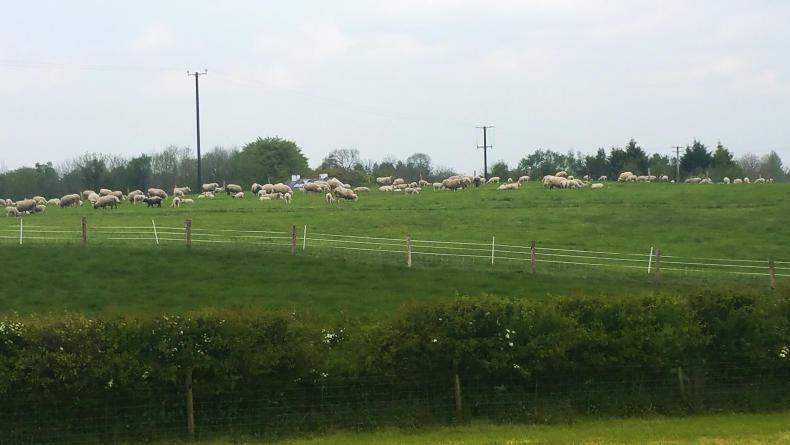
Through determination and guidance from his adviser David Webster, John has turned his 46ha of grassland into a sustainable system for sheep.
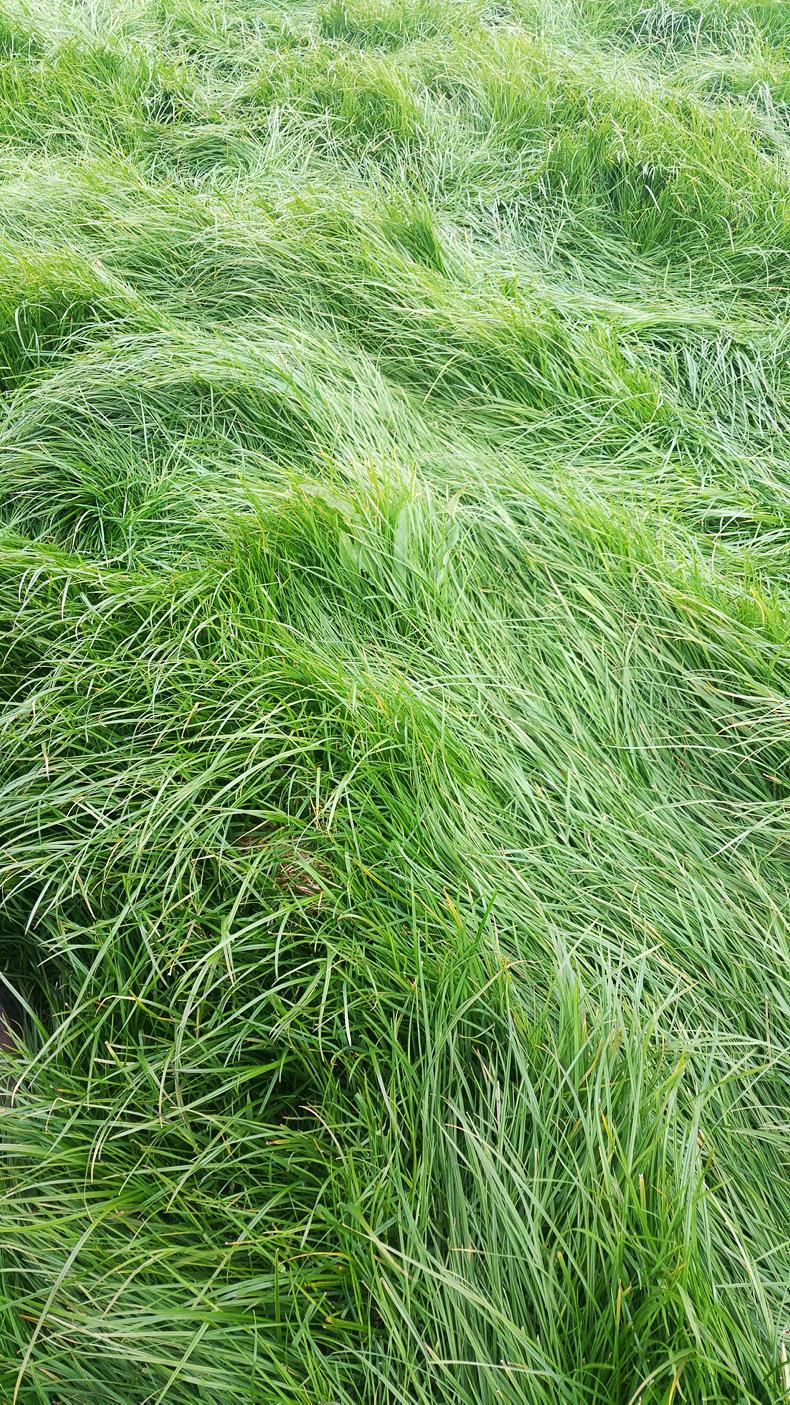 “If you can keep grass ate, it will keep growing,” John said.
“If you can keep grass ate, it will keep growing,” John said.
From a farm that had a high demand for concentrates and struggled to finish lambs, Bell’s concentrate bill is now just €8 per ewe and €9 for all lambs finished.
IGA farm walk on John Bells in Castletown Geoghegan. This land was only in two fields before John started putting in paddocks. pic.twitter.com/icVxviTOlY
— FJ Sheep (@FJSheep) May 11, 2017



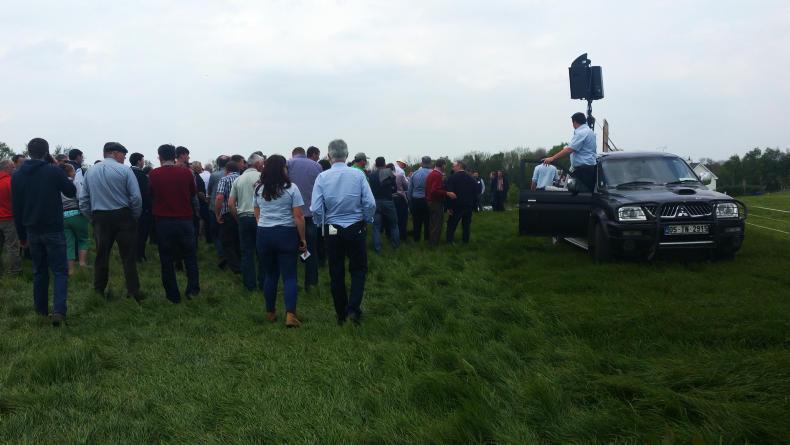
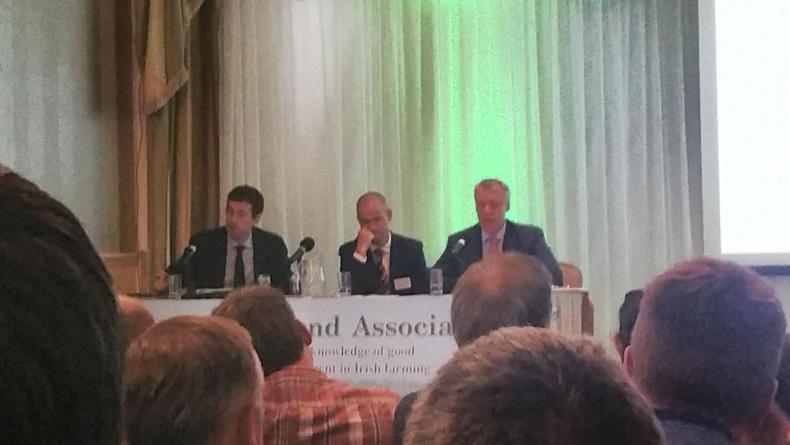


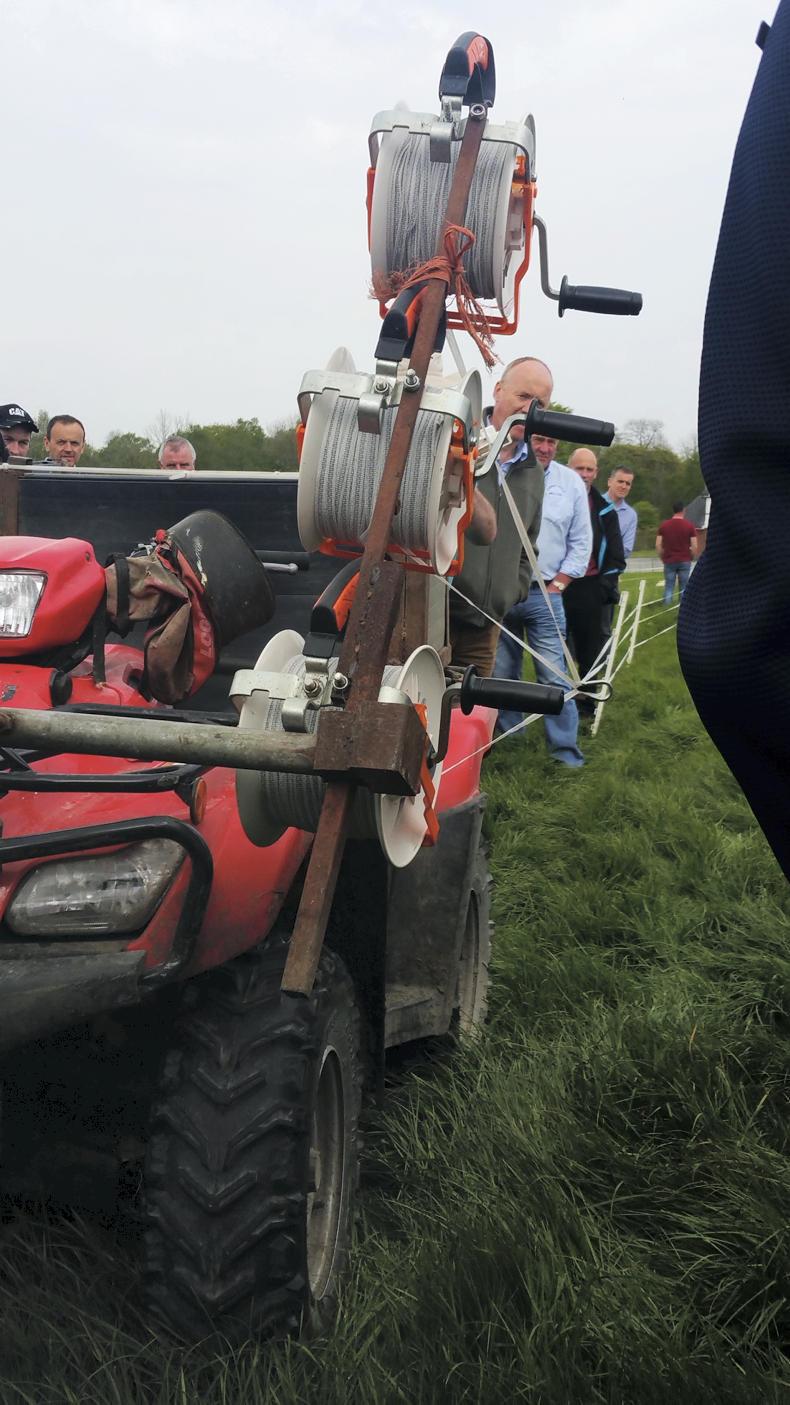



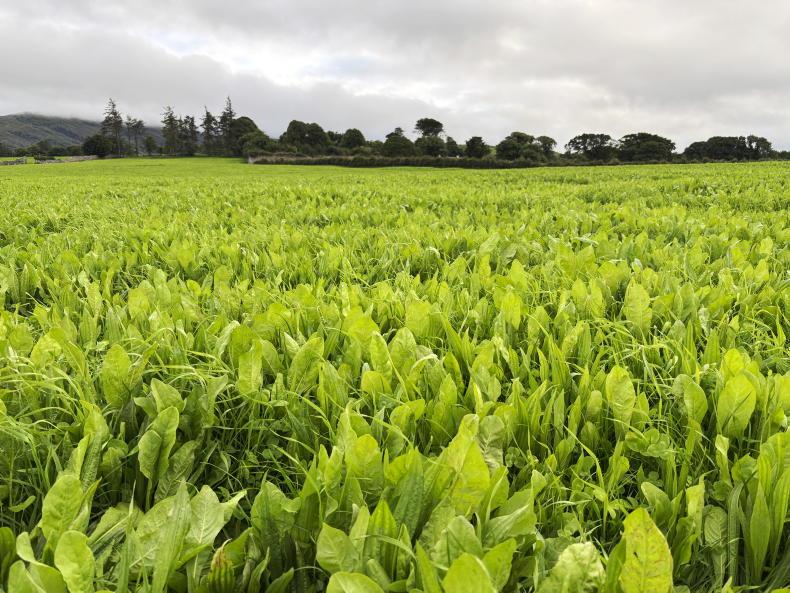
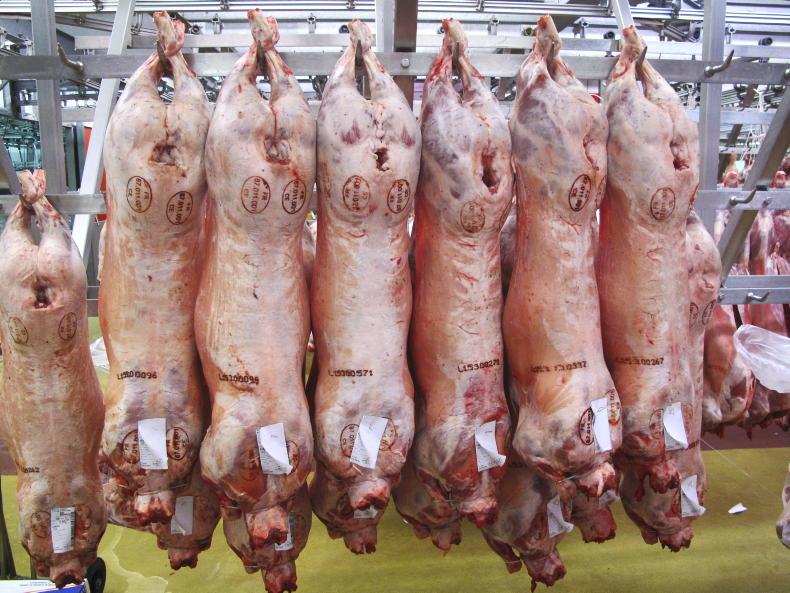
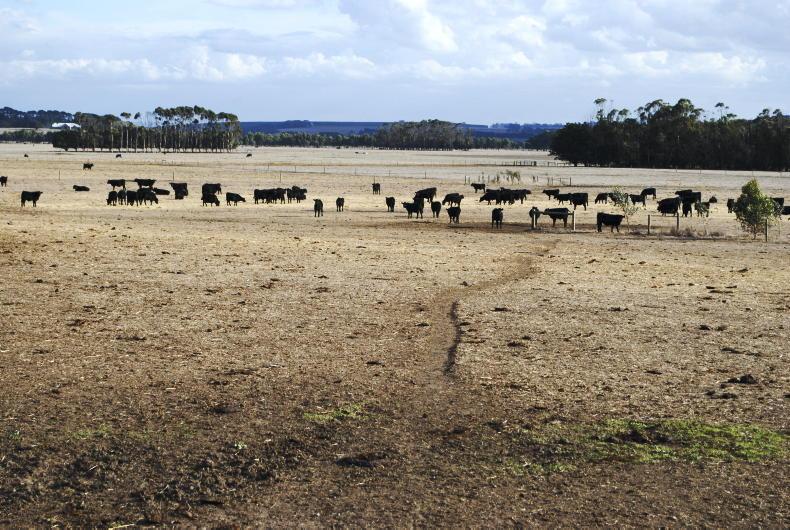
SHARING OPTIONS